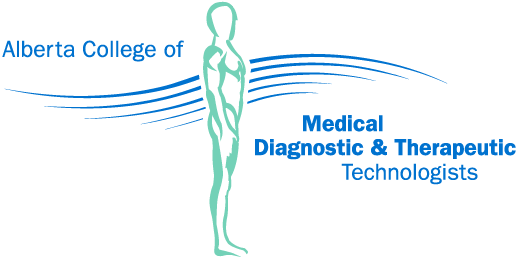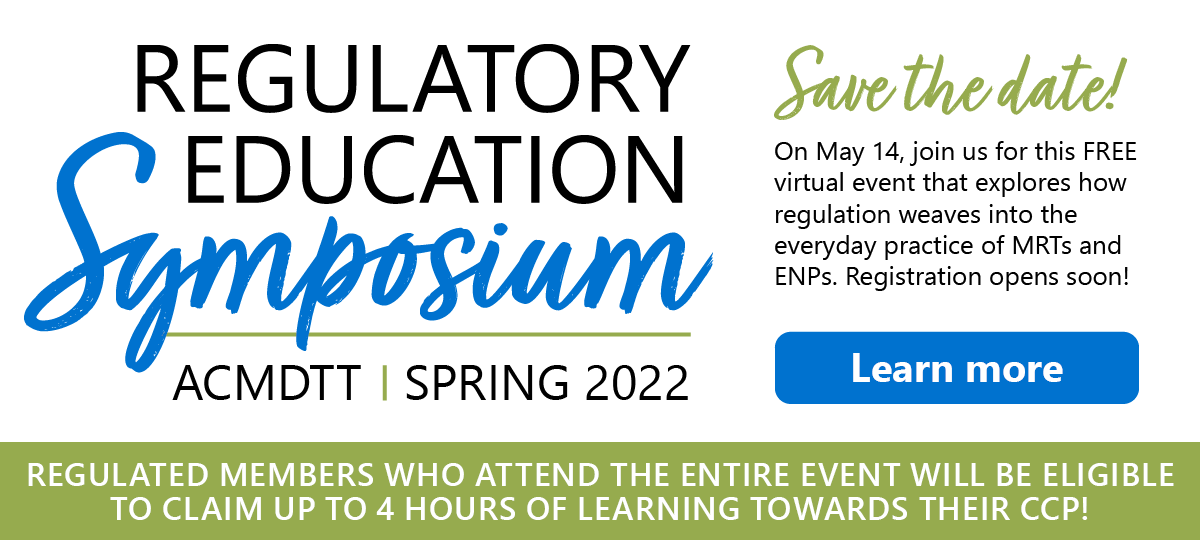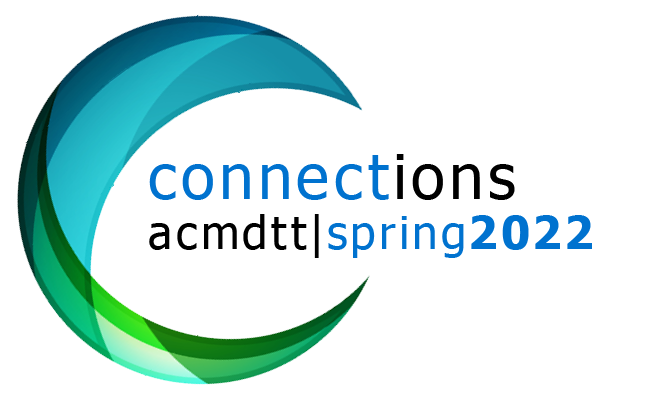
The College is pleased to announce that Mary Buzzing, ENP, has been appointed to Council for the 2022-2025 term, which begins on July 1. Mary has been an ENP technologist since the 1980s and a regulated member of the ACMDTT since its inception in 2005. She brings experience with health care systems in Alberta and abroad, and expertise in interprofessional practice. Mary practices at the Red Deer Regional Hospital Centre and works in the provincial medical facility accreditation system through the College of Physicians and Surgeons of Alberta.
Mary is the first regulated member to join Council via the new appointment process, which replaced the previous election process. Regulated members from any specialty who were interested in joining Council submitted confidential nomination forms to the Nominations and Appointments Committee, who reviewed the nominations, interviewed potential candidates, and made a recommendation to Council after carefully considering a variety of factors. This decision was a difficult one due to the fact that there were more high-calibre nominations than have ever been received before.
The College thanks everyone who submitted a nomination form and encourages all regulated members to put their names forward when opportunities like this arise. Volunteers on Council and committees play an essential role in the regulation of MRTs and ENPs in Alberta. To learn more about how volunteers contribute to the College and sign up to receive notifications about volunteering opportunities, please see the Volunteering page.
Much of the work the College has done in response to Bill 46 so far has been focused on the mandated separation of colleges and association functions. Over the last few months, however, we have started to prepare for the next phase of Bill 46’s implementation, which will require the development of new or amended college regulations, standards of practice, and bylaws.
In February, Council approved the College’s new Bylaws. This revised document follows a template that was created by a group of regulatory colleges with the aim of making college bylaws more standardized across the health professions. Having these new bylaws already in place will make it easier to adapt them as necessary as we continue to receive direction from the government about the implementation of Bill 46.
Work has also begun on a new standard area that will need to be added to the Standards of Practice once the Medical Diagnostic and Therapeutic Technologists Profession Regulation (the Regulation) has been amended in response to Bill 46. The basic framework for the College’s Continuing Competence Program (CCP) is currently set out in the Regulation, and once this phase of Bill 46 comes into force, that framework will be removed from the Regulation and added to our Standards of Practice. The first draft of the new CCP standard has been approved by Council, and the College will soon be sharing the draft standard with regulated members to gather feedback and make any necessary adjustments.
To learn more and view all updates, please visit the Response to Bill 46 page.
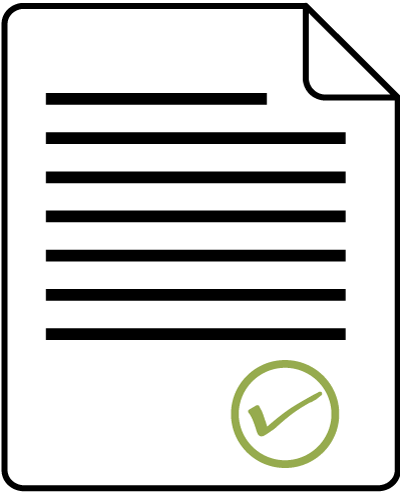 Registration Renewal 2022
Registration Renewal 2022
The online registration renewal system for 2022 was open from October 1 to December 31, 2021. During that time, 2395 out of 2428 general members and all 12 temporary members renewed their practice permits. This means that close to 99% of all regulated members renewed their practice permits by completing all legally mandated requirements to practice the profession in Alberta in 2022. The College recognizes and appreciates this demonstration of the continued dedication and professionalism of MRTs and ENPs in our province despite the challenges related to COVID-19 that continued last year.
Close to 96% of members renewed their registration by November 30, 2021, which is comparable to the previous two years. Almost 99% of the 1419 additional and enhanced practice authorizations members hold were renewed by this date, which is an improvement over previous years. The College thanks members who hold authorizations for allowing extra time for their renewals and their supervisors for approving authorization renewals within two days of receiving a notification.
The College also recognizes the 92% of members who completed their Continuing Competence Program (CCP) on time in 2021. We conduct the CCP Analytics Verification every year before renewal opens to ensure all regulated members have entered information into all three components of their CCP, and on August 31, 2021, 192 members were notified that their CCP was incomplete, compared to 295 in 2020 and 150 in 2019. Most of these members remediated the situation and renewed their registration before the end of the year.
Over the course of the renewal period, the College received feedback that indicated a few key areas of concern with the renewal process. Members noted that they were unable to edit certain fields in the employment section when completing the renewal form or correct any information, including their supervisor’s email address, once they had submitted their renewal. College staff regularly check submitted renewals and edit any supervisor email addresses we notice are incorrect; however, we encourage members to contact us if they realize they submitted incorrect information during renewal or if they need to make changes to information that is not editable on their end.
Some members also encountered issues when trying to renew additional and enhanced practice authorizations. We encourage members to ensure their authorizations appear on their renewal and to contact the College before continuing if any are missing. We would also like to note that the facility for a supervisor approving an authorization needs to match the facility listed as the member’s workplace, and that some authorizations are employer-specific and therefore do not follow a member when they move to new place of employment.
The College will review all areas of concern before renewal opens for 2023 and address the issues where possible. Please feel welcome to contact the College at registration@acmdtt.com if you ever have any questions about renewal or anything else related to registration.
Resignations
There was an increase in member resignations in 2021 compared to the previous two years, most of which happened during the renewal period. A total of 246 members resigned their registration in 2021:
- General register to removed status: 161
- Associate register to removed status: 83
- Temporary register to removed status: 2
Based on data provided by members and staff interaction with members, there were four main reasons for resignations:
- Burnout due to pandemic-related demands on the healthcare system
- Retirement (includes early retirement packages sought and received)
- Leaving the province
- Employment policies, including pandemic-related requirements
There were also more associates than usual who resigned their registration due to the discontinuation of the associate register at the end of the year. Of the remaining associate members, 90 applied for and were granted general registration, and 52 took no action and had their status changed to “Withdrawn” on the public register as of January 1, 2022.
Registration Committee
The Registration Committee reviews applications submitted by internationally educated technologists from different parts of the world. The Registration Committee meets approximately every two months, although the Committee can meet more often if required. In 2021, the Registration Committee reviewed a total of 19 applications, and 18 of these applications were deferred to successful completion of other requirements such as providing proof of language proficiency and successfully challenging the entry-to-practice exam. One application for registration was denied. Source countries of application in 2021 included Bahrain, China, Egypt, Hong Kong, India, Iran, Nigeria, Pakistan, the Philippines, Singapore, South Africa, and the United Kingdom.
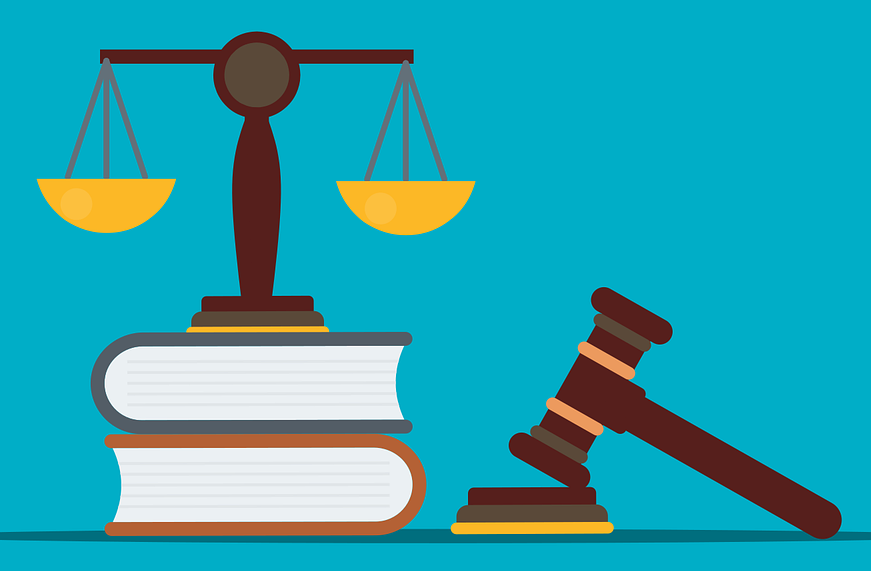 The College receives and manages complaints of unprofessional conduct against regulated members as part of our mandate to protect the public under the Health Professions Act (HPA). Having processes in place to evaluate, investigate and resolve complaints also helps uphold the integrity of the professions of electroneurophysiology and medical radiation technology for the vast majority of regulated members who conduct themselves professionally and ethically when providing care to Albertans.
The College receives and manages complaints of unprofessional conduct against regulated members as part of our mandate to protect the public under the Health Professions Act (HPA). Having processes in place to evaluate, investigate and resolve complaints also helps uphold the integrity of the professions of electroneurophysiology and medical radiation technology for the vast majority of regulated members who conduct themselves professionally and ethically when providing care to Albertans.
In 2021, the College managed a total of 21 complaints we received against regulated members from members of the public, employers and other regulated members. We map the complaints we receive to the Standards of Practice to help us determine if unprofessional conduct has occurred. There are generally multiple standard areas or indicators that apply to a single complaint, and in 2021, the breakdown of standards applying to complaints we received was as follows:
- Standard Area 1.0 Provision of Patient Care/Services: 13%
- Standard Area 2.0 Professional Accountability: 53%
- Standard Area 3.0 Professional Roles: 24%
- Standard Area 4.0 Practice Management: 10%
- Standard Area 5.0 Protection of Patients from Sexual Abuse and Sexual Misconduct: 0%
Over half of the complaints we managed last year involved professional accountability (Standard Area 2.0), with professional boundaries (Standard 2.4) and communication (Standard 2.6) being the most common standards cited within that area. Complaints that related to these standards involved issues like interpersonal conflicts, Code of Ethics and employer policy contraventions, and concerns with services rendered.
The next most common area of concern was professional roles (Standard Area 3.0), with collaboration/professional relationships (Standard 3.1) the top reference. Some complaints pertaining to interpersonal conflicts also fell within this standard, as did concerns about inappropriate communications and harassment in interprofessional teams.
Complaints that related to patient care/services (Standard Area 1.0) and practice management (Standard Area 4.0) were less common. Concerns about services rendered tended to also relate to patient-centred care (Standard 1.1), clinical procedures (Standard 1.2), and safe practice (Standard 4.2). The College did not receive any complaints in 2021 related to sexual abuse or sexual misconduct involving patients (Standard Area 5.0).
As per Part 4 of the HPA, the College has the authority to attempt to resolve complaints, investigate or appoint investigators, seek the advice of experts, dismiss the complaint (if trivial or vexatious), or take other actions allowed under the HPA. The College follows the principles of procedural fairness in its processes while remaining transparent in our processes and accountable to the public. We take an education-based approach when resolving complaints, however, in some instances, remedial or disciplinary action is necessary.
The Standards of Practice are also used in the Continuing Competence Program (CCP) to help guide regulated members in assessing their current practice and determining areas where they could enhance their knowledge. Understanding which standards tend to come up the most often in complaints may help members explore areas they may not have previously considered when seeking learning opportunities and be proactive in addressing common areas of concern.
 Jocelyn is an MRT(R) working in the diagnostic imaging department. She has been asked to set up a patient onto the monitoring equipment (pulse oximeter, BP, and ECG) and monitor the patient’s vital signs using this equipment during a procedure.
Jocelyn is an MRT(R) working in the diagnostic imaging department. She has been asked to set up a patient onto the monitoring equipment (pulse oximeter, BP, and ECG) and monitor the patient’s vital signs using this equipment during a procedure.
Is this within Jocelyn’s scope of practice?
The College has approval for members to perform some/all of the restricted activities, as identified in the Medical Diagnostic and Therapeutic Technologists Profession Regulation (the Regulation). Standard 2.1 (Legislation, Standards, and Ethics) in the College’s Standards of Practice states that to demonstrate this Standard, a regulated member will:
- Perform only restricted activities only as authorized according to the regulations of the College.
The practice of patient monitoring (including obtaining vital signs) is not listed as a restricted activity within this legislation. As such, no additional authorization is required from the College for a technologist to perform these activities.
What training does the technologist require in order to perform this activity?
A College-approved program is not required as no authorization is needed; it is, however, expected that the technologist will have received appropriate training to perform this activity safely, ethically, and competently.
The technologist must ensure that they have received appropriate education and training for these activities and limit their professional activities to those they are competent to perform and applicable to their area of practice. It is also advised that there be employer policies in place to oversee the training and practice of technologists in this area.
Before performing this activity, the technologist should ask themselves:
- Do I have the knowledge to perform this competently? (i.e., consider clinical procedures, adverse events)
- Do I have the skills to perform this competently? (i.e., understanding vitals signs, identifying and handling adverse events)
- Do I have the clinical reasoning abilities to perform and maintain this activity competently? (i.e., how frequently must this be practiced, how many cases are required to learn this well and competently)
- Does my provision of this procedure benefit the patient?
As a regulated member of the College, a technologist needs to practice in compliance with legislation and other documents such as Standards of Practice and Code of Ethics. The following standards and statements apply to this scenario.
Standards of Practice
Standard 1.2 Clinical Procedures
To demonstrate this Standard, a regulated member will:
- e. Possess the necessary competence to perform the procedure safely and effectively.
- f. Follow relevant federal and provincial regulations, professional guidelines, and employer/organization policies and procedures.
- j. Select appropriate equipment and parameters considering the individual patient.
- m. Identify and communicate with the appropriate healthcare provider any procedural concerns or patient’s expressed wishes.
Standard 2.1 Legislation, Standards, and Ethics
To demonstrate this Standard, a regulated member will:
- a. Assume personal responsibility for the quality and competence of the member’s practice.
- b. Maintain and apply the knowledge, skills, judgments and behaviours necessary for safe, competent and ethical practice.
Standard 2.2 Professional Competence
To demonstrate this Standard, a regulated member will:
- a. Possess the competencies set out in all competency profiles that are applicable to the member’s areas of practice.
- c. Maintain knowledge of current and evolving technologies and integrate new learning into practice, as appropriate.
Code of Ethics
Principle 1 – Responsibility to the public
- a. Competent care: A regulated member’s primary responsibility is to provide competent service to patients with respect to their individual needs and overall welfare.
Principle 3 – Responsibility to oneself
- b. Accountability – A regulated member takes responsibility and is accountable for their professional activities.
There are many documents that help guide a regulated member’s practice. View these documents on our Resources page or use the Decision-Making Tool to work through a specific scenario.
Alberta Medical Association
*College note: While this article is geared toward physicians, it outlines actions that can be taken by any health professional or suggested to management to prevent privacy breaches in clinical settings.
Regulatory links: Standards of Practice 2.1 (d), 2.4 (a), 2.5 (a, c, d), 3.1 (a), 4.1 (b, c); Code of Ethics 1 (d, i), 2 (b, d, g), 3 (a, b)
